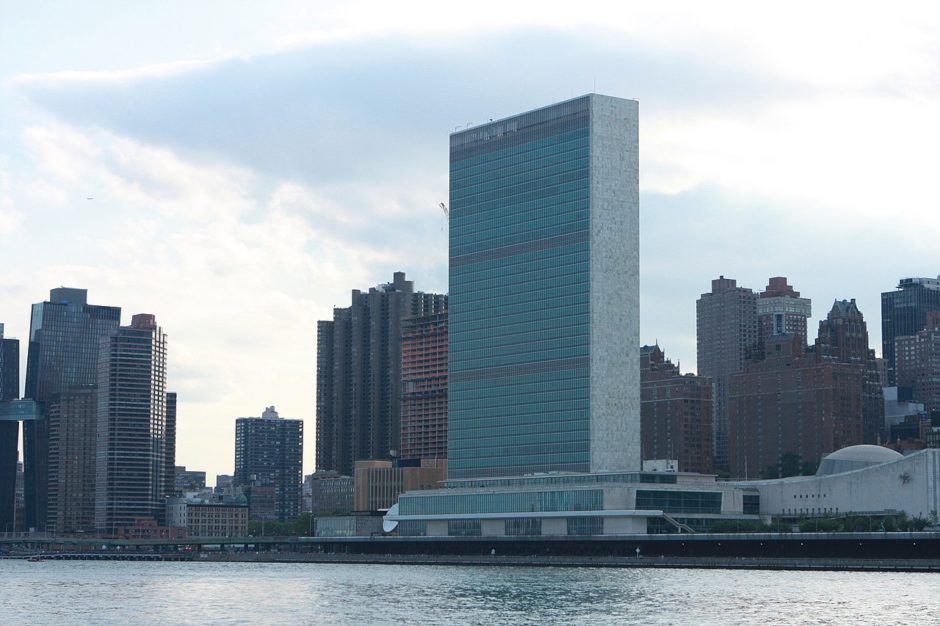The Fourth Committee of the United Nations, otherwise known as the Special Political and Decolonization Committee, adopted nine resolutions earlier this month condemning Israel for its refusal to cede territory captured during the 1967 Six Day War.

Eight resolutions dealt with the Palestinian problem, Israel’s five-decade old occupation of the West Bank and its construction of settlements there. One resolution pertained to Israel’s occupation of the Golan Heights.
Israel should not have been surprised or outraged by the resolutions. Israel cannot expect the international community to support its counter-productive military occupation of the West Bank, which has alienated even its friends. The occupation is among the obstacles standing in the way of a two-state solution to resolve Israel’s long-simmering conflict with the Palestinians.
Nor should Israel be under the illusion that its presence on the Golan is internationally accepted. It definitely is not.
Several clauses in the resolutions, however, are totally unrealistic. One, for example, advocates the “right of return,” or the right of Palestinian refugees from the 1948 Arab-Israeli war to be repatriated to Israel.
No Israeli government, and no Israeli prime minister, whether on the left, right or center, would ever endorse this pie-in-the-sky idea. The “right of return,” after all, is a euphemism for Israel’s destruction as a Jewish state. The influx of large numbers of Palestinian Arabs into Israel would be a demographic time bomb. The vast majority of Jewish Israelis want to live in a democratic Israel, not in a binational state. The Fourth Committee should finally come to grips with this reality and stop trying to foist such an unpalatable concept on Israel.
Enough is enough.
The resolution on the Golan states that Israel’s 1981 annexation is illegal under international law and that the acquisition of territory by force is inadmissible. The resolution implicitly calls for Israel’s withdrawal from the Golan. It’s a silly notion, given the current circumstances in Syria.

Prior to the eruption of the civil war in Syria, the land-for-peace formula was applicable to Israel’s conflict with Syria. The late Israeli prime minister, Yitzhak Rabin, offered to cede much of the Golan in exchange for the normalization of relations with Syria. Three of his successors, Shimon Peres, Ehud Barak and Ehud Olmert, were of the same mind. Even Benjamin Netanyahu tried to trade the Golan in return for peace with Syria.
With Syria mired in a civil war for the past seven years, the land-for-peace formula is no longer feasible. Israel cannot and should not enter into negotiations with Syria over the fate of the Golan as long as it is bogged down in an internal war. When this fratricidal war finally ends, Israel and Syria will be better placed to discuss the issue.

It would surely be in Israel’s strategic interest to make peace with one of its most stubborn enemies.
In the meantime, short-sighted comments by Netanyahu that the Golan will always remain in Israel’s hands are far from useful. Israel should be flexible and leave open the option of returning the Golan to Syrian ownership should future negotiations succeed.
Until then, the Fourth Committee ought to refrain from pressuring Israel to relinquish the Golan prematurely.
